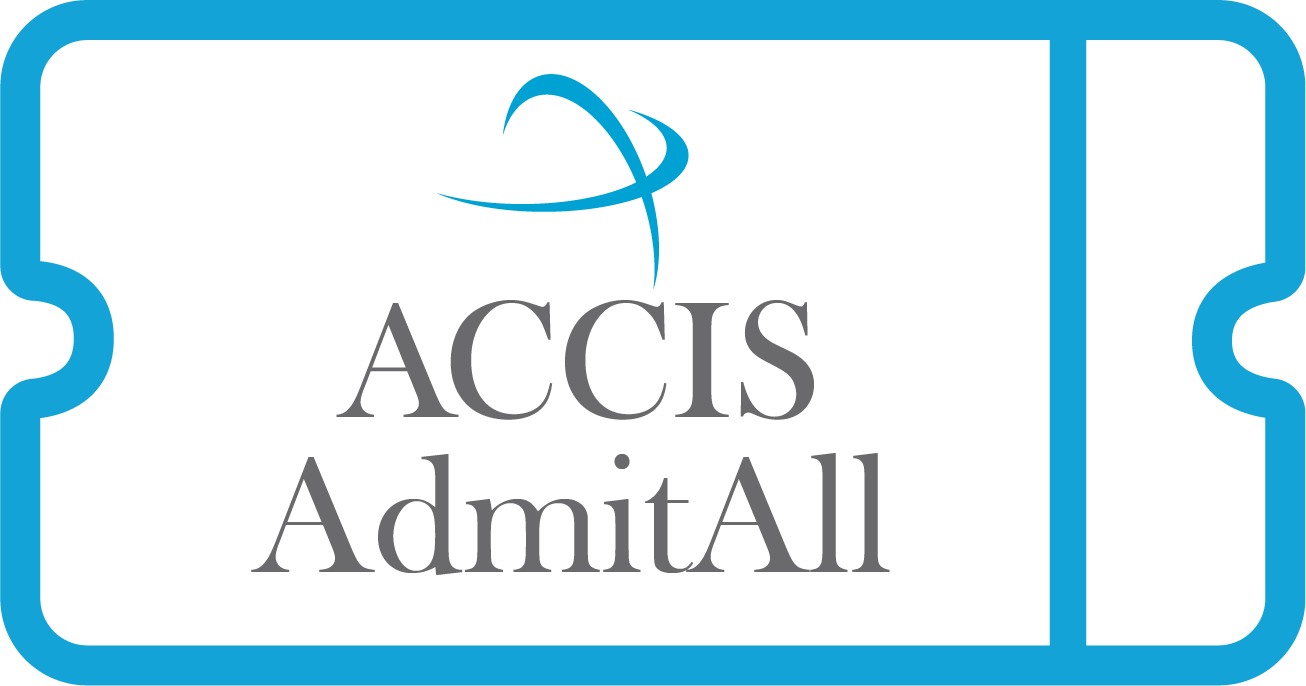
The English Teacher Pipeline
Adam R. Levine, Harvard-Westlake School
October 16, 2024
At the ACCIS New Counselor Workshop, I surveyed the room, clutching my bingo card. The icebreaker challenge? To find a different person to sign each square, if the description pertained to them. “Speaks Multiple Languages.” Easy. “Puts Ketchup on their Hot Dog.” Better be easy. “Former Professor or Teacher.” Hmm. As a former English teacher, I wished that I could sign it myself. Who among us was coming to college counseling from the classroom?
As it turns out, a handful of us were former teachers. And, more specifically, a few of us were English teachers, past and present. This wasn’t too surprising—two of my colleagues at Harvard-Westlake are English-teachers-turned-college-counselors, and I could name many examples from other schools. But why do specifically English teachers at independent schools gravitate to the world of college counseling? And what’s the transition like from The Scarlet Letter to the acceptance letter?
For me, at least, teaching English was always a means to engage with students not only as scholars but also as young adults. I came to the job out of a love for books and writing, but I stayed in the job because of the students. Literature offers a window and a mirror into the human condition, and through the books we read, I got to learn about my students as individuals. When students met with me one-on-one to work on an assignment, I’d find myself quite naturally connecting over a budding passion, offering support during a difficult time, and sharing reactions about a current event. We read and write to help us navigate a complicated world, and the world of college—replete with enriching experiences and wonderful opportunities—is one that teenagers prepare to navigate as well. Encouraging students to reflect on themselves, to see and imagine themselves, to meditate on essential questions, and to discover what’s most meaningful to them—what they truly value—is common ground between teaching literature and college counseling. And analyzing character is a skill that English classes hone, and it’s something we do every day to help students identify a good match and build a robust college list.
When I spoke with Jim Mahoney, Associate Director of College Counseling at The Blake School and a member of the English faculty, he cited the importance of metaphors in framing the college process. In English class, we train students to identify figurative language and think symbolically, and as English instructors, we use metaphors as teaching tools. When explaining a concept to a bemused sophomore, I would often try to use their passion—football, cello, painting, robotics—to translate an idea. This skill is instrumental in helping college-bound students to internalize important concepts. In addition, language matters, and English faculty coach students to see shades of meaning, the implications and connotations of words. A college application is like a portfolio, a snapshot of a student, and what and how they write about themselves is not only how colleges evaluate their admissibility but also how students begin to express aspects of their identity—to others and themselves.
Teaching English at an independent school is also a distinct experience. I wonder if, because of the teacher/student ratio at many independent schools, English teachers can connect with students more directly, more personally. At the boarding schools that I worked at, for example, I wore many hats. Faculty were “triple threats,” often teaching, coaching, and supervising dorms. This culture broadened my sense of what teachers “do,” making the transition between classroom teacher to counselor more seamless.
Sure, there’s no grade-giving and therefore no grade-grubbing to combat. Sure, there’s no leaning tower of Macbeth essays to evaluate. And sure, the advent of generative AI is bewildering, a Pandora’s box that has forced English teachers to evolve in unanticipated ways. But the business of college counseling isn’t without its own complications and frenzied periods. And as college counselors, we get to help students to tell their stories: through their personal statements, their transcripts, their activities section, and their conversations with us about what they believe and who they want to be. College can be a space of reinvention: a blank canvas, a fresh set of downs, a trampoline to higher things. (Metaphors!) As students make plans for their futures, we get to participate in the excitement that it entails.
I also have a lot to learn. English teaching doesn’t prepare you for the nuances of college admission, doesn’t expose you to the vast professional network, doesn’t inform you of what it’s like to be in a committee room, doesn’t teach you the unwritten rules. But English teachers are life-long learners by trade—in fact, teaching the same book year after year is learning it, seeing it through new lenses as society evolves and new generations of minds unravel it. I’m grateful to ACCIS and the New Counselor Workshop for providing tools and teachers to support my professional growth. I’m also grateful to my colleagues, on both sides of the desk, for their willingness to mentor me, offer language to communicate effectively with families, and share their experiences and expertise.
Other squares on my card, along with “Former English Teacher,” were “Former Admissions Counselor,” “Coach,” and “Trained Counselor.” It was a nice reminder that many of us—not just English teachers—come to this work from other walks of life. We each bring our unique backgrounds and sets of knowledge to this fulfilling work. Bingo!